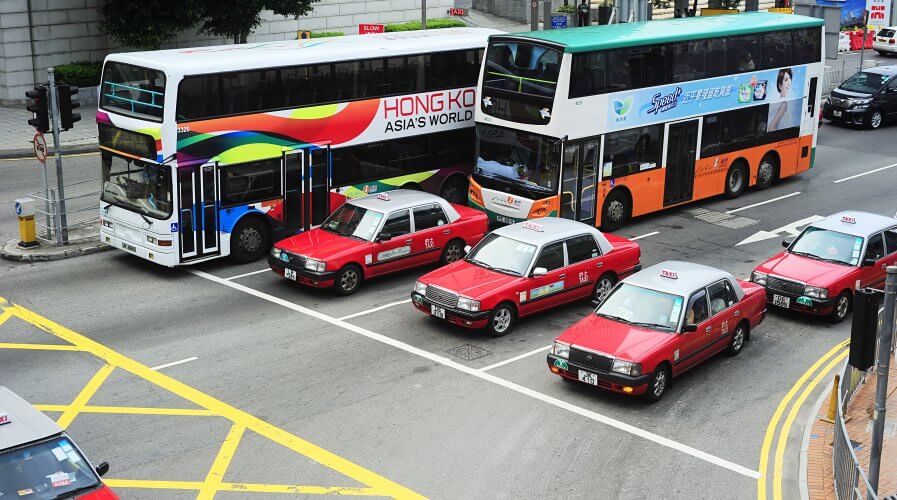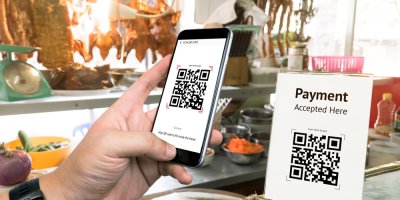
Hong Kong’s cabbies are reluctant to go cashless. Source: Shutterstock
Why WeChat Pay, Alipay and Octopus find it hard to sign on HK cabbies
HONG KONG is one of the world’s most advanced economies when it comes to adopting new technologies such as artificial intelligence and the internet of things.
However, cabbies in the Special Administrative Region of the People’s Republic of China are reluctant to go cashless.
This, despite the strong presence of WeChat Pay, Alipay and Octopus in the country and a healthy demand from customers who are vocal about their preference for mobile transactions over cash. In fact, the Octopus card (and now its app) have a long-standing relationship with the city.
The Octopus card was launched in September 1997, more than two decades ago, and is accepted for rides on the city’s MTR, buses, ferries, public light buses, coaches, and trams, propelling the city far ahead of neighbors aiming to go cashless.
However, Hong Kong’s taxi system never accepted the Octopus card. While taxi-hailing apps such as HK Taxi, Didi Hong Kong, and SynCab let passengers pay by credit card, the need for cash mars the experience of city dwellers who’re increasingly getting used to leaving their wallets behind and relying on apps for QR code-based payments, especially for small, daily transactions.
In Hong Kong, you can use their Octopus card everywhere, including @Starbucks. Why can't we do that in DC? How about it Sbux? Feel like being a good corporate citizen & picking up @CVS' slack? https://t.co/hwmwEJBNsG
— Erika Young (@erikalyoung) May 9, 2018
According to local media, there are about 1,000 taxis who’ve signed up for WeChat Pay HK, 1,500 have joined Alipay, while Octopus says a 1,000 have signed up for its app recently.
Although this brings up the total of “cashless” cabbies in the city to 3,500 – there’s nothing stopping a cabbie on WeChat Pay HK from also signing up to accept payments via Alipay and the Octopus App, potentially reducing that pool to as low as 1,500.
Considering that the city has 18,163 registered taxis, 1,500 or even 3,500 is a small number.
So, why are cabbies reluctant to go cashless?
According to Taxi 2020, a blueprint report published by the Legislative Council last year, the average age of a taxi driver in the city is 58. Young citizens don’t seem to be queuing up to register since other options – including driving for Uber – are more lucrative and demand fewer working hours.
Gung Cheuk-leung, a Hong Kong Island taxi driver told the South China Morning Post that he had not set up any e-payment options because he did not know how to.
For others, it is a matter of avoiding creating an electronic (and permanent) record.
Several taxi drivers in the city earn less than HK$15,000 (US$1910) per month and collect welfare payments intended for people whose income does not cover their outgoings.
Records of a higher-than-declared income could mean an end of their payments. One New Territories taxi driver, who preferred not to be named, told the SCMP that he was worried that the records would affect his eligibility.
From the looks of it, either Alipay, WeChat Pay, and Octopus will have to work a lot harder to boost adoption, or the city will have to continue to pay for cabs with cash – at least in the short term.
READ MORE
- Strategies for Democratizing GenAI
- The criticality of endpoint management in cybersecurity and operations
- Ethical AI: The renewed importance of safeguarding data and customer privacy in Generative AI applications
- How Japan balances AI-driven opportunities with cybersecurity needs
- Deploying SASE: Benchmarking your approach




